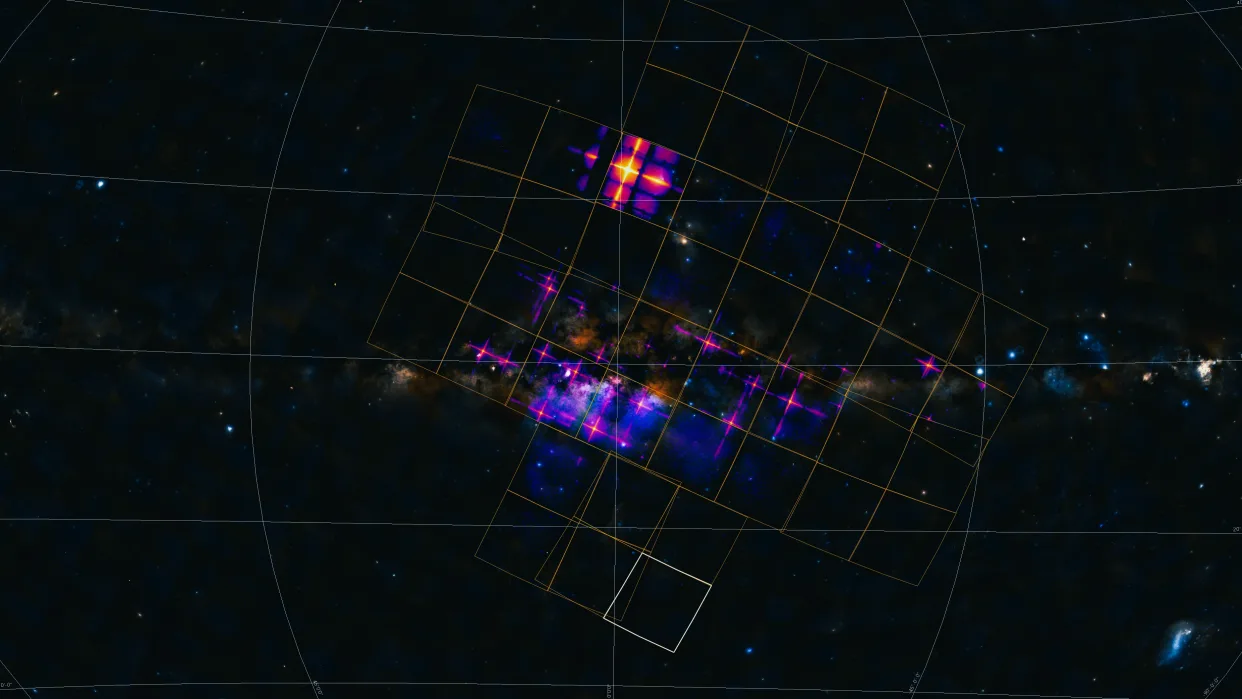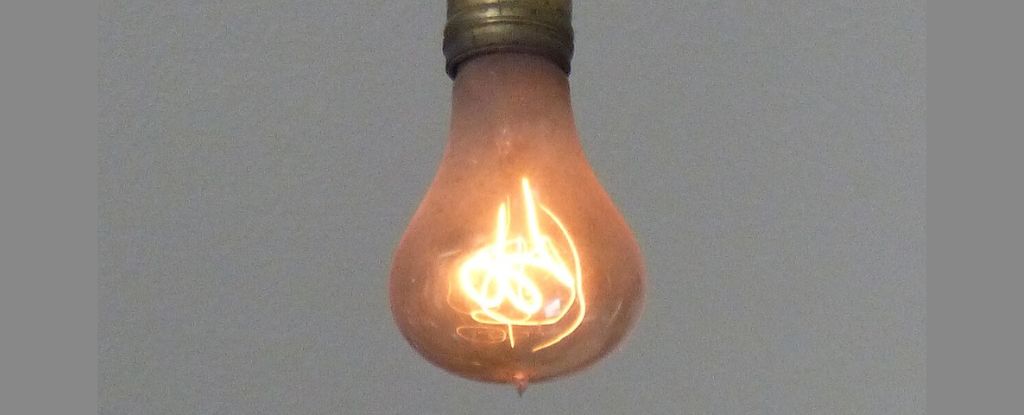– The Einstein Probe X-ray telescope, a joint Chinese-European space observatory, has released its first images taken using a novel “lobster-eye” design for its telescopes.

– Like lobsters’ eyes, the telescope’s Wide-field X-ray Telescope (WXT) uses an array of small tubes to capture a wide 3,600 square degree field of view without moving. This allows it to map the entire X-ray sky within a few orbits.
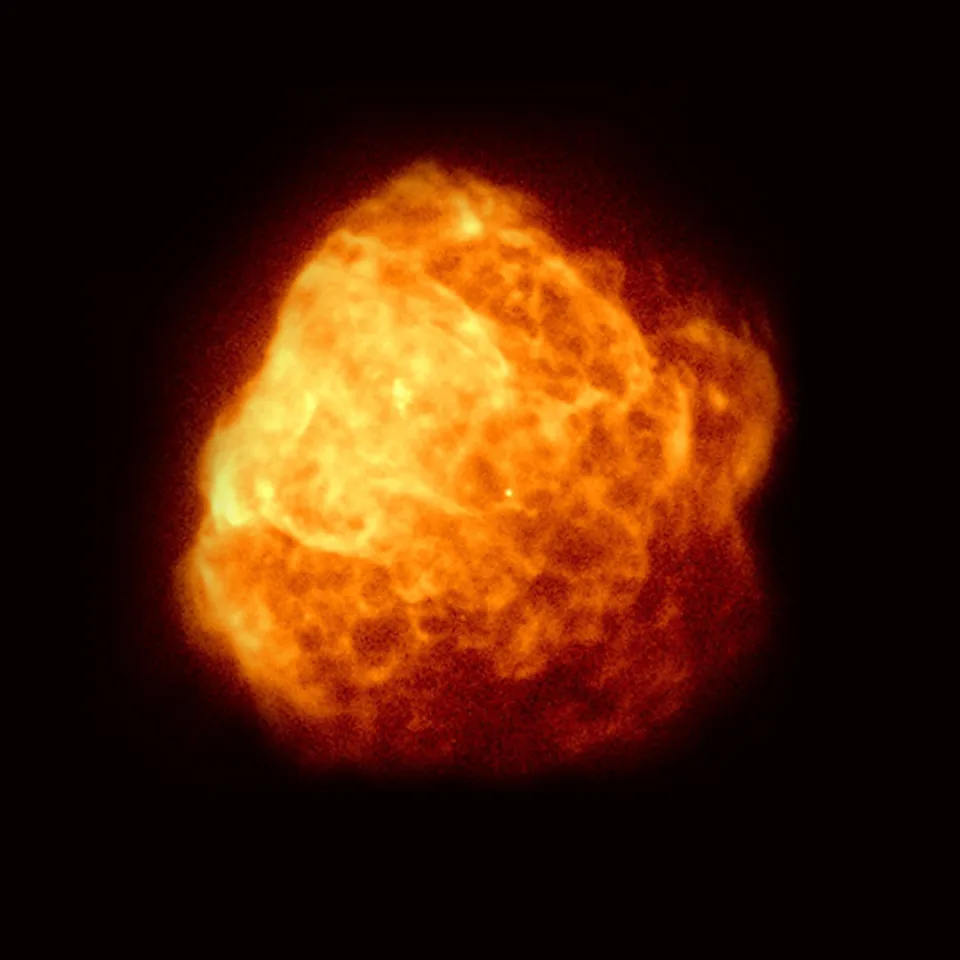
– WXT has already discovered its first X-ray transient and over 140 others in testing, including stars flaring in X-rays. Its narrower Follow-up X-ray Telescope (FXT) provided detail on one such transient.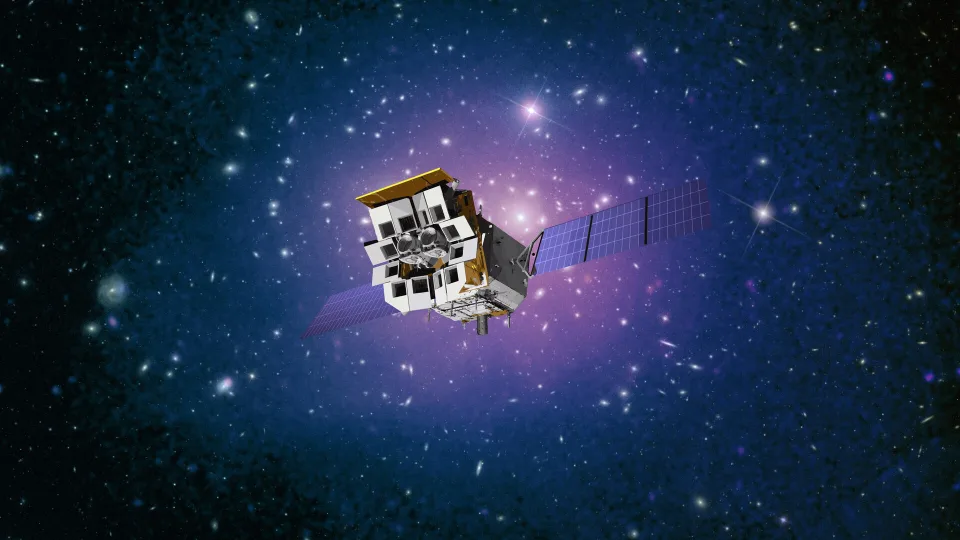
– The telescope is currently undergoing calibration but has provided early glimpses of transient phenomena like supernova remnants. Its full three-year survey will begin in June to discover more X-ray binaries, flares, and other transient events.
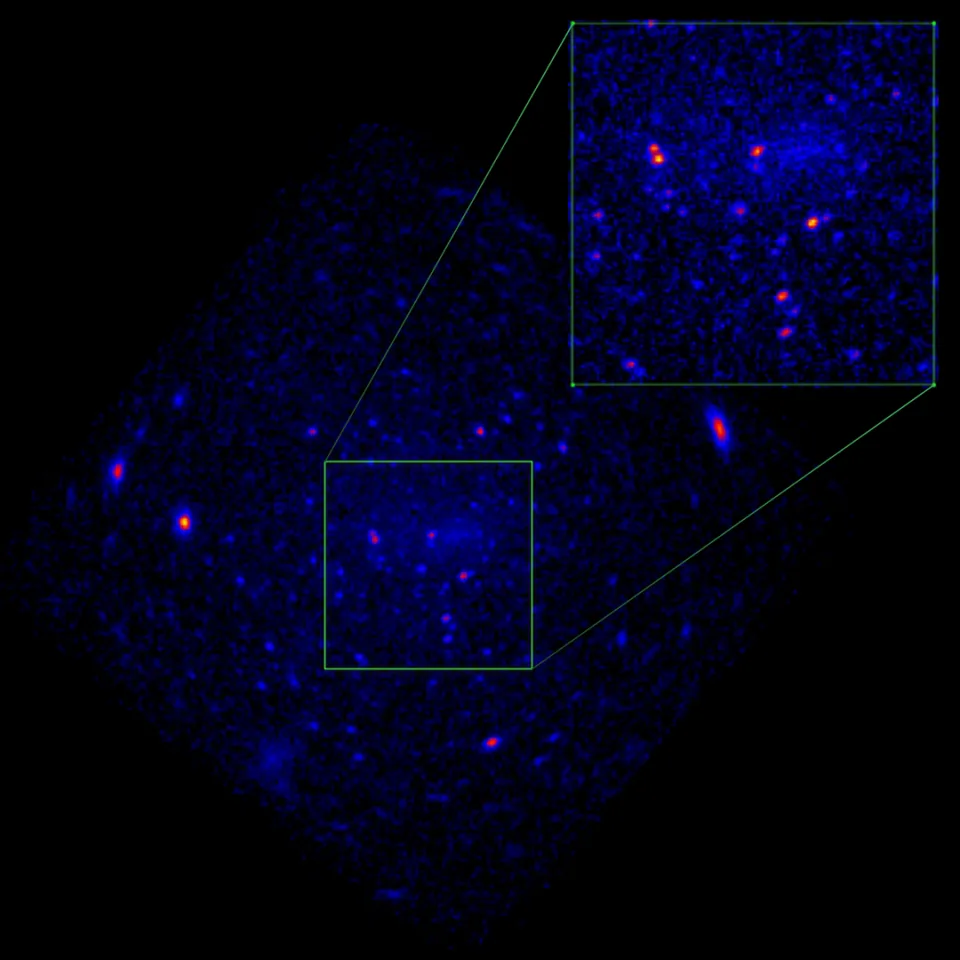
– Data from Einstein Probe will support the planned larger European Athena X-ray telescope launching in the 2030s. The mission represents international collaboration between China, Europe, Germany and France.
Source: Space







